10 Experiences You Have to Try in Botswana
Botswana, a wildlife jewel in the heart of Southern Africa, is a land of striking contrasts. The country is celebrated for its unspoilt natural environments,...
 2 April 2025
2 April 2025 
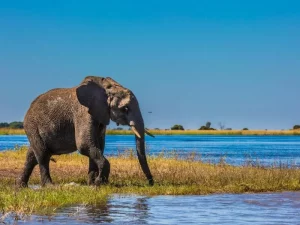
Botswana, a wildlife jewel in the heart of Southern Africa, is a land of striking contrasts. The country is celebrated for its unspoilt natural environments,...
 2 April 2025
2 April 2025 
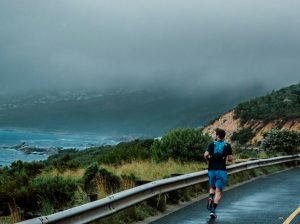
Travelling from afar or simply catching a flight from Johannesburg or Durban? You’ll need to rent a car in Cape Town if you plan to...
 28 March 2025
28 March 2025 
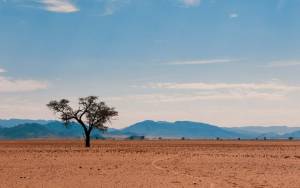
Are you wondering what the big fuss is around Namibia and considering visiting the country? If that’s the case, then we’ve put together a list...
 27 March 2025
27 March 2025 

4×4 in Africa, Specifically Southern Africa is a dream for most and a bucket list for many. It is often a long holiday and can...
 27 March 2025
27 March 2025 
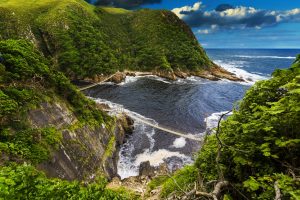
A road trip from Cape Town up the Garden Route, which is regarded as the most beautiful region in the county, is a magnificent combination...
 27 March 2025
27 March 2025 

Autumn in Gauteng has arrived, bringing a welcome respite from summer’s high temperatures and rainfall. As the heat reduces, the rain gives way to clear...
 26 March 2025
26 March 2025 
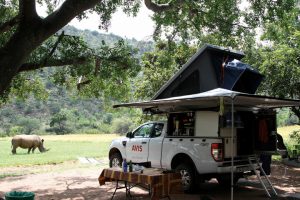
Drive South Africa has partnered with Avis Safari Rental to offer our customers up to 50% off 4×4 rentals. That means you can get out...
 26 March 2025
26 March 2025 

Are you a mountain biker looking for your next adventure? South Africa’s mountain bike trails offer a unique blend of adrenaline and breathtaking scenery, perfect...
 20 March 2025
20 March 2025 

The Suzuki Jimny Gathering returns in 2025 for its second official event, bringing South African Suzuki Jimny enthusiasts and owners together for a weekend of...
 17 March 2025
17 March 2025 